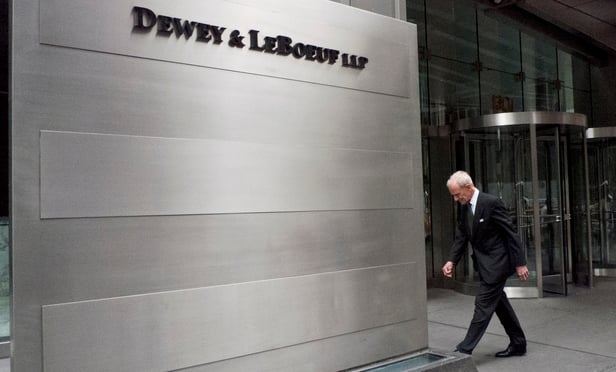In pursuing their case against four men accused of engineering a massive accounting fraud that helped hasten Dewey & LeBoeuf’s collapse, prosecutors appear to have a powerful weapon at their disposal: email messages in which the alleged schemers and at least two unnamed colleagues use such potentially damaging terms as “fake income,” “accounting tricks,” “cooking the books” and “clueless auditor.”
As damning as that evidence may be, witnesses who took part in the email exchanges will need to testify about what it means and the circumstances under which it occurred if the four Dewey defendants are to be convicted at trial, say several former prosecutors now in private practice.





